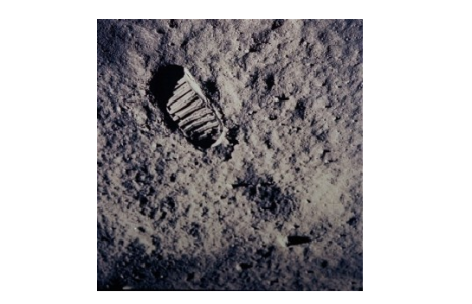When man first harnessed fire, no one recorded it. When the Wright Brothers showed man could fly, only a handful of people witnessed it. But when Neil Armstrong took that first small step on the moon in July 1969, an entire globe watched in grainy black-and-white from a quarter million miles away
All of us noticed this. All of us had been a part of this. He or she required which “giant jump with regard to mankind” for all of us.
Even though over fifty percent from the planet’s populace was not in existence after that, it had been a meeting which transformed as well as broadened the world.
“It’s a human achievement that will be remembered forever,” said John Logsdon, professor emeritus of space policy at George Washington University. Those first steps were beamed to nearly every country around the world, thanks to a recently launched satellite. It was truly the first global mass media event, Logsdon said. An estimated 600 million people — 1 out of every 5 on the planet — watched.
The two historical events likely to be long remembered from the 20th Century are the moon landing and the first atomic bomb, said Smithsonian Institution space curator Roger Launius.
“There is no way to overestimate that significance in human history and he is forever linked to that,” Launius said of Armstrong, who died Saturday .
Just as the voyage of Christopher Columbus split historic eras 500 years ago, so will Neil Armstrong and Apollo 11, said Rice University historian Douglas Brinkley, a specialist in 20th Century history.
“We may be living in the age of Armstrong,” said Brinkley, who conducted oral histories for NASA, including sessions with Armstrong.
The late science fiction author Arthur C. Clarke wrote that the Apollo 11 moon landing was “one of the great divides in human history; we are sundered from it forever by the moment when Neil Armstrong and Buzz Aldrin stepped out on to the Sea of Tranquility. Now history and fiction have become inexorably intertwined.”
Since that day, there’s been a common phrase: “If we can send a man to the moon, why can’t we … ?” with the blank filled with a task that seems far less difficult.
Armstrong’s small step was that leap in confidence telling the world “if we can do this, we can do anything,” said Howard McCurdy, a professor of space and public policy at American University and author of the book “Space and the American Imagination.”
“He required something which two decades previously had been real dream as well as switched this in to actuality and when we’re able to do this with regard to room we’re able to get it done with regard to something, inch McCurdy stated Sunday.
The Apollo 11 moon landing was the finish line in a decade-long space race started by the Soviet Union. And so the first steps on the moon coming from an American civilian had many meanings. Getting there first showed American technological superiority, but Armstrong mentioned mankind — not Americans — demonstrating that this was a moment for the people of Earth, McCurdy said.